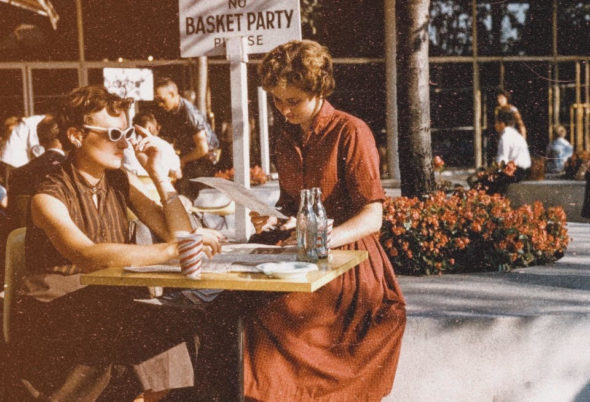By Lauren Piskothy | gargoyle@flagler.edu
With the bat of an eye I’ve gone from the freedom of independent college living to taking Zoom classes in my childhood bedroom. But, at the very least, I have a room of my own, and for that I should be grateful.
Unlike many women across the world, who have come before me and women, now, who live in the age of this scary, uncertain, and unsettling pandemic. Many do not have a room of their own, nor do they have the privilege of a safe space to be creative, or to write their experiences.
Right now, there are women living in dangerous home lives, with abusive partners, some are single mothers, still having to work and feed their families, and others don’t have a roof at all.
After a few weeks of staying inside, I was more than sick of seeing the same, light pink walls of my bedroom. Until I read, A Room of One’s Own by Virginia Woolf and I was forced to confront my own privilege.
In this essay, Woolf argues against the point of a professor who said a woman could never be like Shakespeare. In a sense she agrees with him. Not because she believes women who lived during Shakespeare’s time were any less brilliant or talented, but because they had every obstacle imaginable in their way.
Any woman brave enough to speak their mind, would likely be persecuted and die young. Had they lived, they would be faced with rejection at every stop, without so much as a room of their own to sit and write in. I was struck particularly, by this one quote:
“I told you in the course of this paper that Shakespeare had a sister; but do not look for her in Sir Sidney Lee’s life of the poet. She died young, she never wrote a word… Now my belief is that this poet who never wrote a word and was buried at the crossroads still lives. She lives in in you and in me, and in many other women who are not here tonight, for they are washing up the dishes and putting the children to bed. But she lives; for great poets do not die; they are continuing presences; they need only the opportunity to walk among us in the flesh”
– “A Room of One’s Own” (1929).
I thought it was very fitting when I was assigned this reading for my literature class, almost a happy accident that I would read Virginia Woolf at a time that seemed all too fitting to the current state of things. There are women right now, with a story to tell, without the luxury of a safe or private space to share their stories.
These women are mothers, grocery store workers, and nurses on the front lines. The truth is, these women will experience this pandemic a lot differently than their male counterparts.
Studies show that not only are 70% of women globally, healthcare workers with higher exposure to the virus, but they are left with a heavier burden in domestic life, as well. According to, The Atlantic women in heterosexual relationships will take on more responsibility at home than their male partners and are more likely to be the lower earners, with jobs that are often considered a lower priority in their households.
Even scarier, NPR, among other news outlets, have reported on a massive surge in domestic violence cases fueled by necessary, stay-at-home orders. Women are trapped at home with their abusers, faced with violence or the threat of catching COVID-19, as a result of fleeing, something dangerous and difficult to do despite a global pandemic.
While it seems that everything is at a stand-still, we are in danger of going back in time. We need to acknowledge the setbacks and actively tell the stories of women.
These women are the backbone of our global community. They are the ones making sure we have food on our tables, making sure our children are being educated, treating the sick, and fighting for their lives, forced in a home with their abusers.
These are the women with stories to tell. They are the nameless faces who bring us together, who give quietly and suffer in silence. It’s time for them to be heard, to be given the opportunity to walk among us in the flesh, all of them poets in their own right, more than deserving of a room of their own.



Be the first to comment on "A Room of My Own: What I learned from Virginia Woolf"